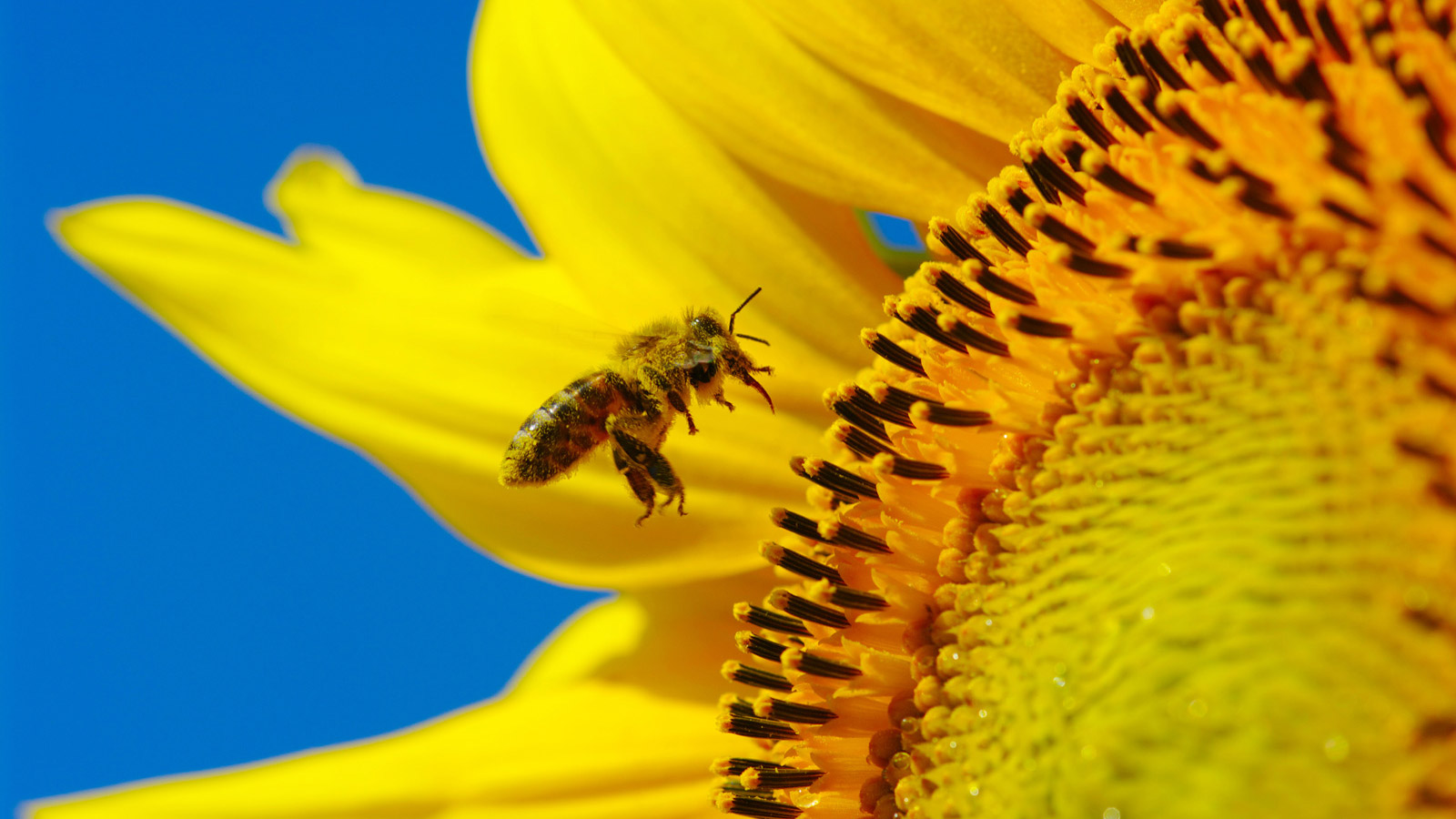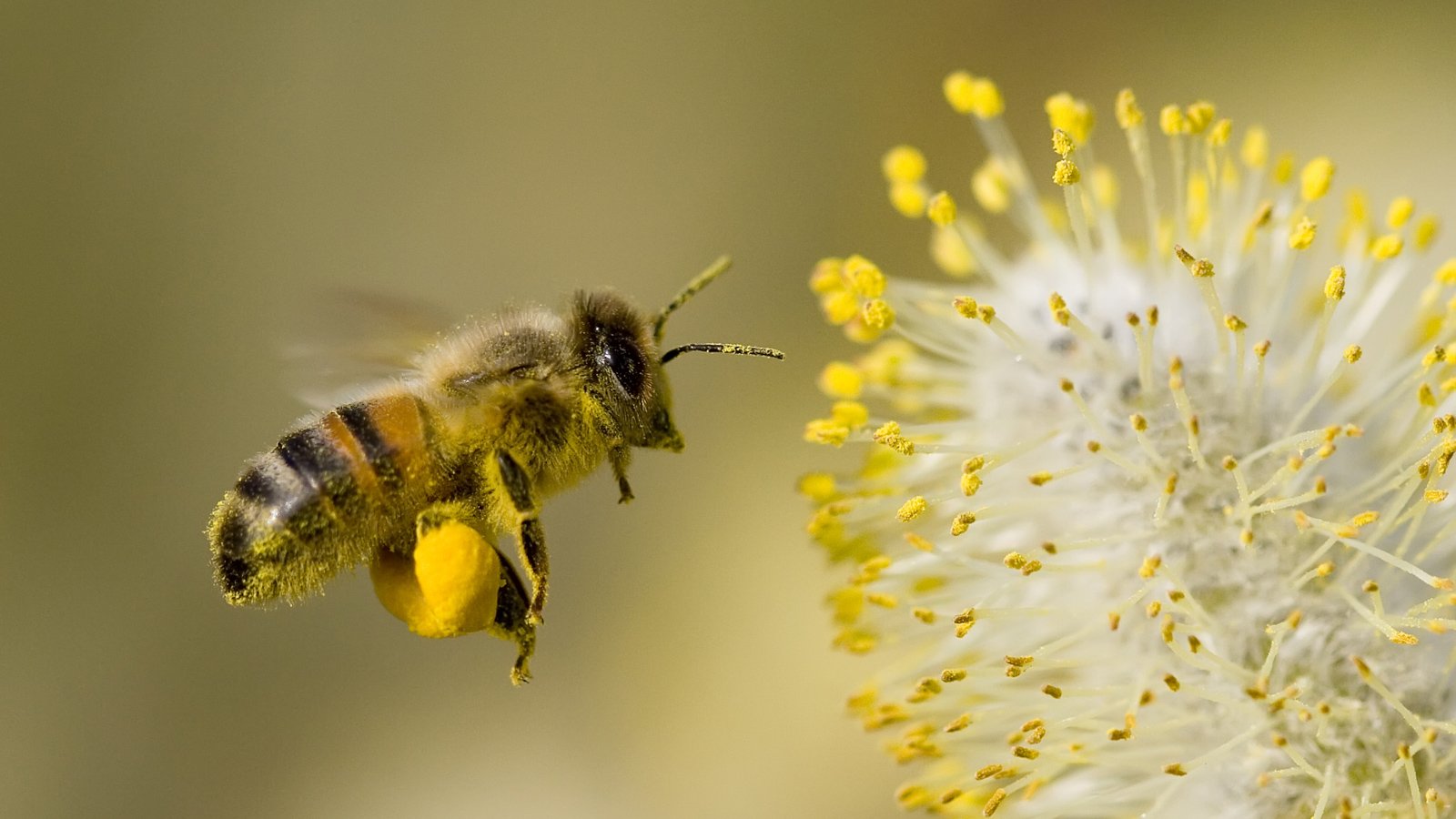Bees play an important role in nature because of their contribution to the pollination of wild plants and food crops. In recent years, beekeepers worldwide have signaled an increasing loss of bee colonies. Scientists recently concluded that the lifespan of honey bees in laboratories has halved over the past 50 years. Bad news that left researchers puzzled.
What is going on with worker bees?
In laboratories, bees are kept for conducting experiments. These honey bees are called worker or laboratory bees. Researchers accidentally stumbled upon the fact that these honey bees today live as much as 50% shorter lives than bees that lived in laboratory environments in 1969.
This means that colony bees also have a much shorter lifespan. Although life in a laboratory and colony differ, the lifespan of honey bees is similar.
Read also

Why flower bulbs are essential for bees
Causes of the halved lifespan
In the 1970s, a honey bee lived an average of 34 days. Today it is only 18 days. The exact cause of this is difficult to explain. Researchers think the varroa mite may play a role in the development of diseases in bees.
This external, spider-like parasite surfaced in the 1980s and carries viruses. The varroa mite parasitizes bees and weakens them. Subsequently, the bees get sick faster. In addition, bees are additionally weakened by pesticides.
The effect of genes
Researchers also cite gene changes as a possible explanation for the halved lifespan of bees. As larvae, honey bees are exposed to viruses and pesticides. Because the bees show no symptoms in this process, scientists conclude that this plays no role in the lifespan. This leaves a genetic component as an explanation.
What are the consequences of the shorter lifespan of bees?
The lifespans of worker bees and colony bees are similar. The consequences of the shortened life span also apply to both types of bees. A major consequence is lower honey production. Moreover, a shorter bee life span can effectively lead to mass mortality in the bee colony.
Read also

Pollination by bees
What is the connection between Milgro and bee research?
The halved lifespan of bees is worrisome. Therefore, further research into the causes is of great importance. Milgro feels connected to the animal and is happy to contribute to this. This is why Milgro sponsors hives equipped with technology that collects research data.
Stay informed
Milgro regularly publishes articles and blogs on issues close to our hearts, such as the bee. You will also read regular updates on the circular economy, natural capital and sustainable waste and resource management. Want to stay informed? Follow us on LinkedIn. LinkedIn.








